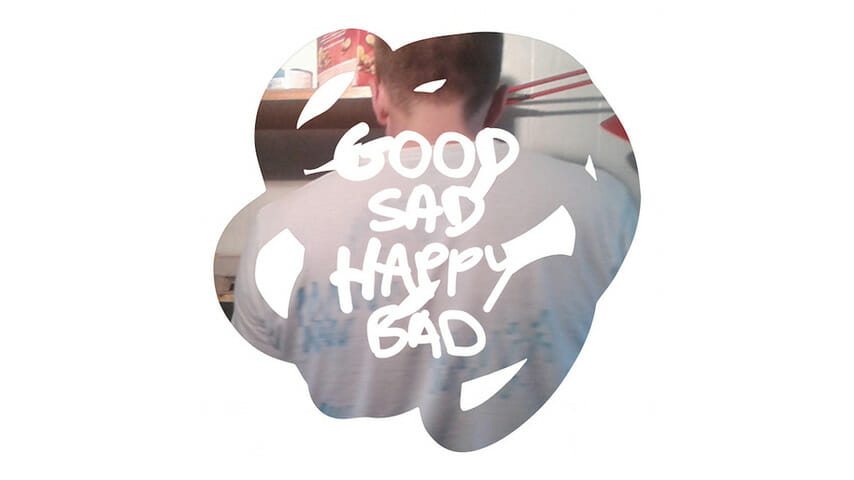Micachu & The Shapes: Good Sad Happy Bad

Micachu specializes in making music out of bits and pieces of sound that by any conventional standards would be set aside. I guess you’d call this sampling, but these aren’t old soul hooks. They’re micro-scraps of noise—a discarded scream here (“Unity”), a recurring feedback beep here (“LA Poison”)—and when they cohere, the effect is both delightfully improbable and improbably delightful.
-

-

-

-

-

-

-

-

-

-

-

-

-

-

-

-

-

-

-

-

-

-

-

-

-

-

-

-

-

-

-

-

-

-

-

-

-

-

-

-








































